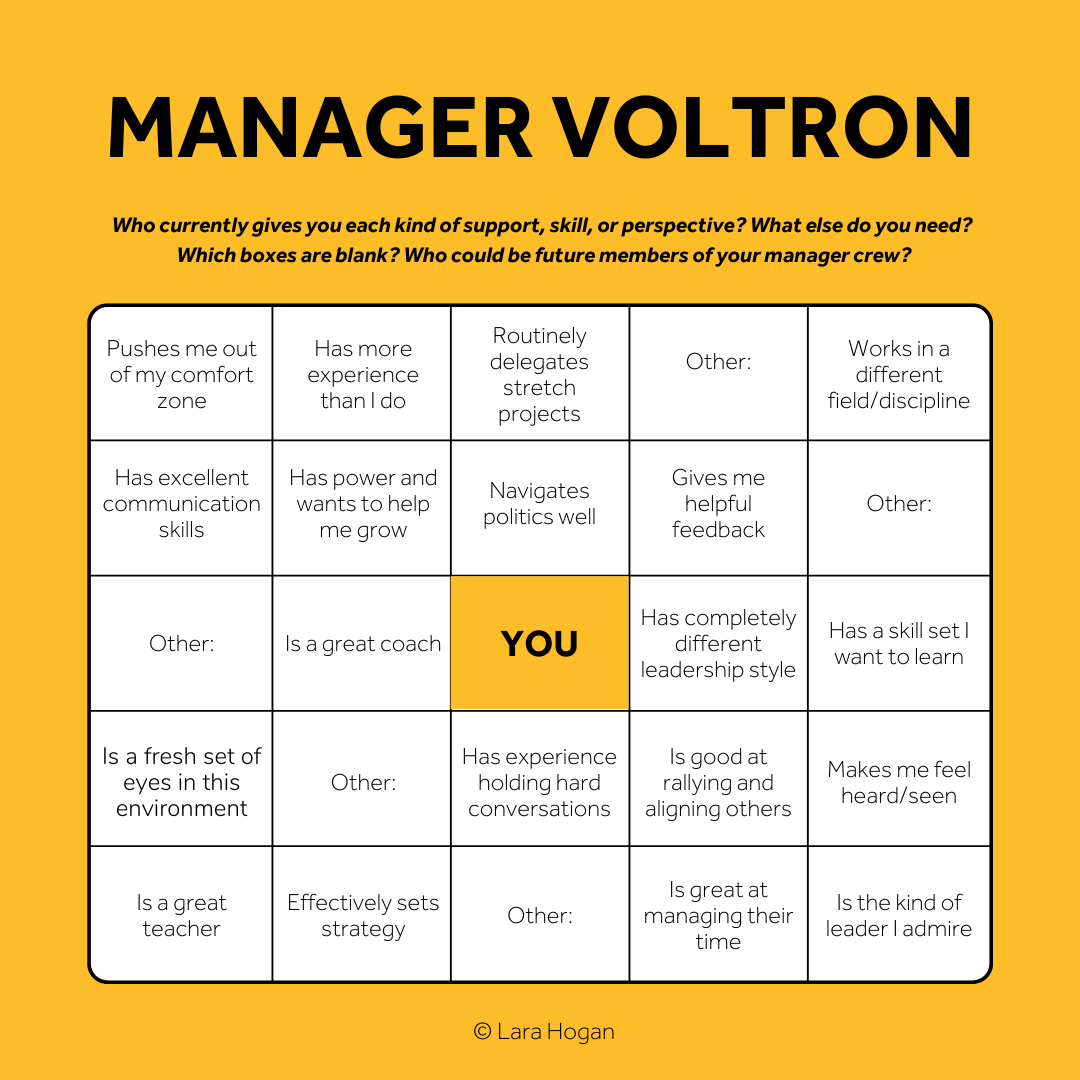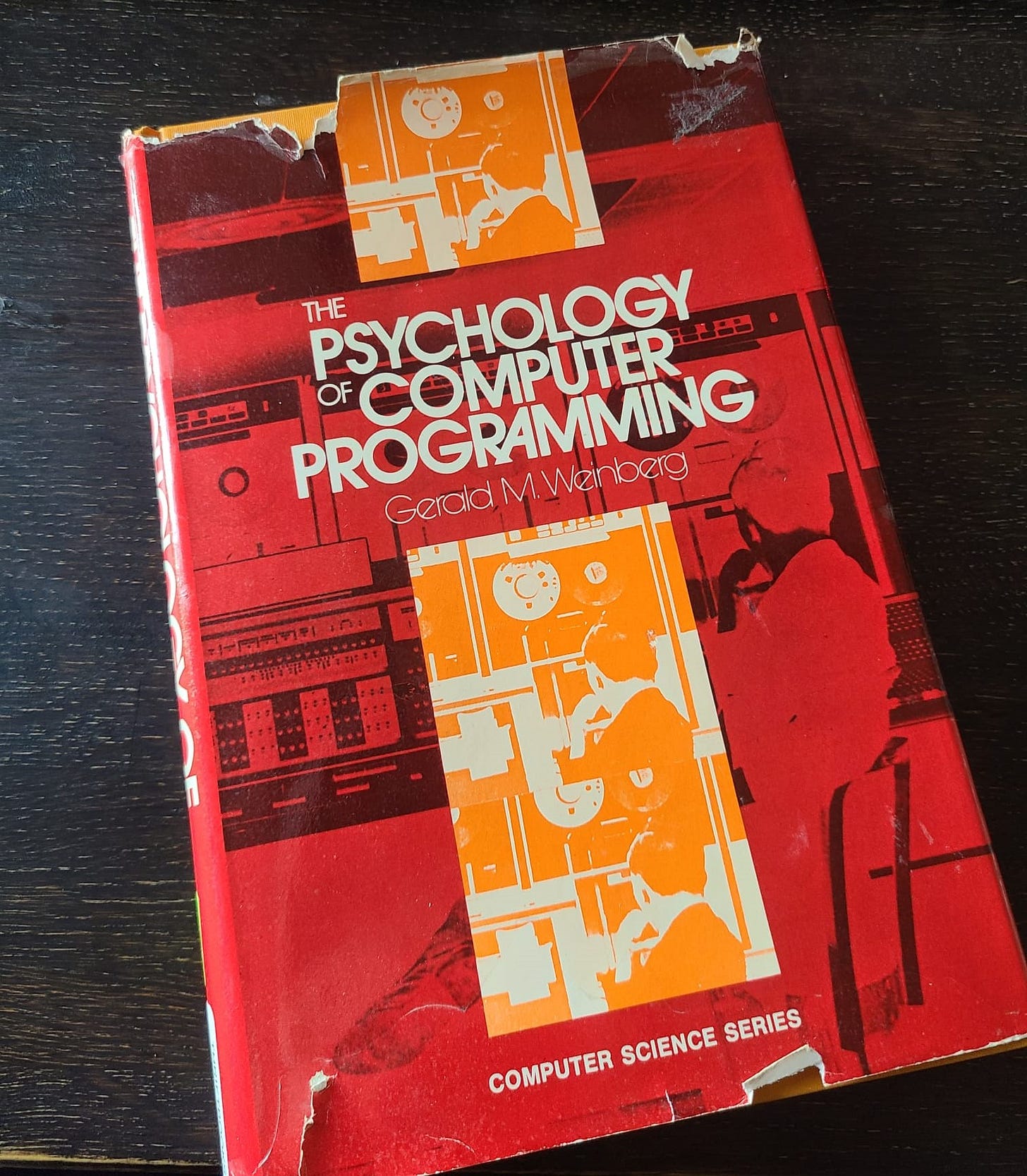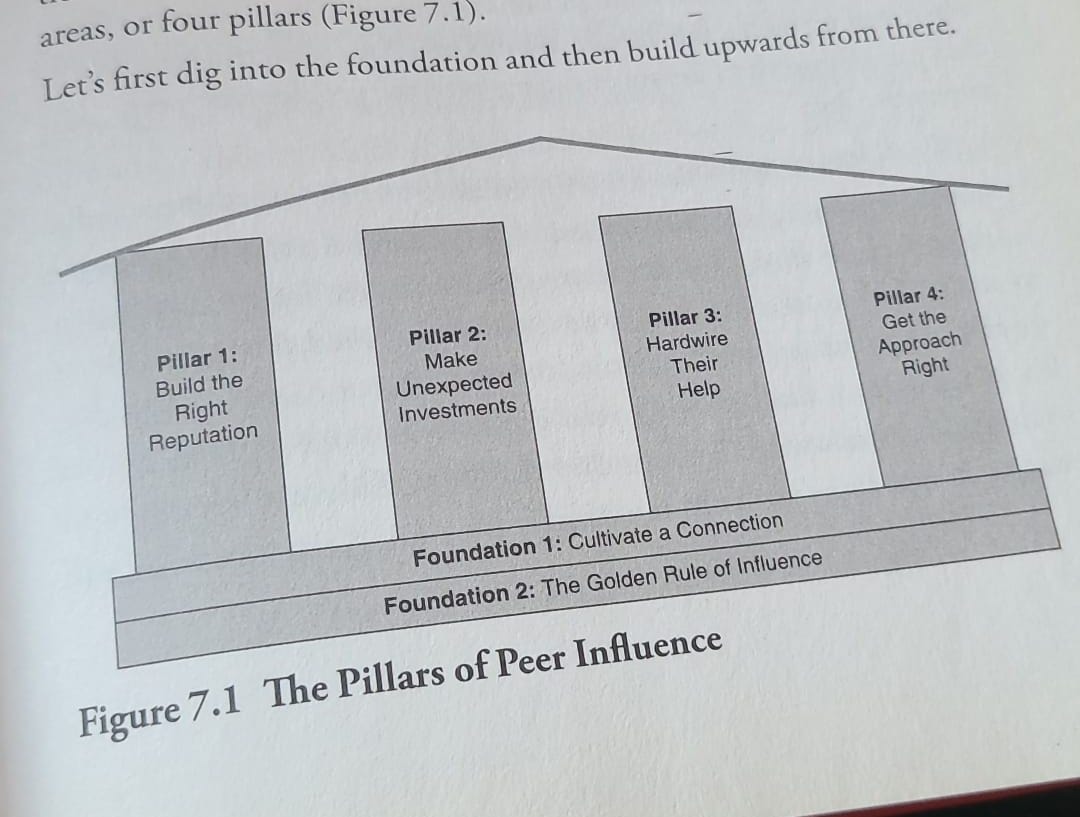9 More Books All Engineering Managers Should Read
Surprise, they published more books since my last list!
A while back I posted “9 Books All Engineering Managers Should Read,” and it seemed to be helpful for folks. Two years removed, there are many more books that can help you succeed in your engineering management career.
You can also listen to this post with some more thoughts in Episode 1 of the Hartley’s Handbook Podcast, released on Wednesdays.
In no particular order…
Scaling People
Author: Claire Hughes Johnson, former COO at Stripe | Amazon
I noted this previously in the first list, but I love reference books. Books that are meant to be read end to end are great in their own regard, but reference books like Scaling People are the most helpful. Having a problem with performance reviews or where to start? There’s a whole section along with templates. Bad at OKRs? Johnson gives you templates and techniques to improve.
This, along with Principles by Ray Dalio and another reference book later in the list are an excellent trifecta of reference books for engineering managers.
Execution: The Discipline of Getting Things Done
Authors: Lawrence Bossidy and Ram Charan | Amazon
A key for engineering organizations to thrive is the ability of their engineering managers to execute the overall vision. Project execution specifically is a critical skill for getting things done. One of the first measurements for my managers is “Are projects getting completed on time and on budget?” There are many definitions for completeness and Execution highlights ways to define within your org.
From start to finish, Execution gives strategies, tactics, and tips on how to improve your execution skills by clarifying requirements and identifying what exactly is wrong with your systems and processes today. Summarizing the book in eight words: spend less time talking, and more time doing.
Resilient Management
Author: Lara Hogan | A Book Apart
One of the only books I’ve ever seen that suggests talking about “what makes someone grumpy,” and it’s partially on this list for that reason. Lara Hogan walks readers through ways to approach work styles and preferences, how to communicate effectively, and how to build resiliency as a manager.
What the book lacks in length (101 pages to be exact), it makes up for in clarity of ideas. Anyone hiring a manager should give them this book as a welcome gift because it is a straightforward read with some excellent tips. She also talks a bit about how to build a proper support system in what she calls the “Management Voltron,” shown below:
Elastic Leadership
Authors: Roy Osherove | Manning Publications
“The true power of learning is realizing this simple fact: ravines eventually end, and you emerge with new knowledge.” Elastic Leadership is all about being uncomfortable as a leader. Either by putting yourself into uncomfortable situations, or getting yourself and your team out of one, Roy Osherove walks through tactical advice for navigating tough times.
This book asks a lot of difficult questions about your team as well, like:
Are there situations where you shouldn’t grow people?
Do you have enough learning time to make this mistake?
What if they fail to meet their commitments
With exercises at the end of most chapters, this is a great book for folks that have their feet under them but are looking to grow in their management skills.
The Psychology of Computer Programming
Authors: Gerald M. Weinberg | Amazon | Thriftbooks
The oldest book on this list, it’s a classic from Gerald Weinberg, first published in 1971. His subsection on Error and Ego is one of the most blunt breakdowns of types of engineers: compliant, aggressive, or detached. “Every person contains a mixture of these attitudes, but most people lean more heavily in one direction…” seems obvious, but Weinberg takes abstract concepts and boils them down into digestible bites in this book.
A bit cerebral in parts, “The Psychology of Computer Programming” gives you a glimpse into the mind of your engineers, through Weinberg’s observations and research into the subject. Quick note, the 4th portion of the book can be skipped unless you want to learn Fortran.
Another bonus is that there are questions at the end of each chapter for managers and programmers, as mini assignments to think critically about what you read. An excerpt:
The environment in which programmers work is a rich and complex environment, full of human involvment, change, and misleading appearances. To undestand that environment, one must understand the difference between formal and informal structures and the many factors that shape it, ranging from the physical surroundings to the individual ego.
The Toyota Way
Author: Jeffrey Liker | Amazon
You may never get a chance to do things exactly like “The Toyota Way,” but there are a lot of tidbits you can take away from the book and try at a more micro-scale.
Previous companies I’ve worked at used the concept of andon, a Toyota classic, to highlight a “stop the line” event. Triggered by anyone (not just managers+), andon is defined as the following:
Andon is a term that refers to an illuminated signal notifying others of a problem within the quality-control or production streams.
Engineering managers should keep this idea in mind and promote it so any engineer can be comfortable triggering an incident. Better to sound the alarm and have it be a small fix than stay quiet and it wrecks your business.
There are so many great nuggets in this book, but to highlight a few more:
The Toyota Production System's focus on consistency and learning (Chapter 3)
Toyota's problem-solving techniques, which can be translated for addressing software engineering challenges (Chapter 4)
Section III: Add Value to the Organization by Developing Your People and Partners
Do not try to implement all of the ideas in this book at once. Pick one that resonates and start there. As folks learn and master that one idea, you can move on to another.
Leading From The Middle
Authors: Scott Mautz | Amazon
I went through a stint where I felt helpless in my role of middle management. I was responsible for a team but had no ability to affect the roadmap, strategy, or future of the team (or so I thought). This book popped on my radar right as I was starting to feel hopeless and like several other books here serves as a great reference manual for situations you are facing.
This is part three of the engineering manager reference book triumvirate (or EMRBT, trademark pending)!
It’s got some great advice on:
Managing Up
Leading Change
The Others-Oriented Leadership Mindset
Each section of the book gives clear pathways to success and Mautz closes with how to appropriately set up your MAP or Middle Action Plan.
No fluff, and straight to the point, I love this book.
Get It Done: Surprising Lessons From The Science of Motivation
Author: Ayelet Fishbach | Amazon
Citing a variety of empirical studies, Get It Done delves into various motivation techniques that actually work, offering practical strategies you can leverage to enhance project execution. While the writing and organization of information feels a bit rough in areas, the book gives you a lot of different frameworks to test out.
Get It Done mentions The Goldilocks Rule with examples like how the optimal challenge level boosts performance, which is essential for setting realistic engineering goals. Later on in Chapter 6, Fishbach delves into the "Zeigarnik Effect" and the importance of task initiation with real-world instances, emphasizing the significance of starting tasks to ensure they get completed.
If you’re looking for new ways to get motivated or be more productive, this is a great one to check out.
Build: An Unorthodox Guide To Making Things Worth Making
Author: Tony Fadell | Amazon
If you are okay with a bit of bravado and bragging, this book can be super helpful.
Fadell covers ending projects (an often forgotten part of management), highlighting the importance of closing projects properly and ensuring that lessons learned are applied to future projects and initiatives. Build gives solid insights into project selection, team management, decision-making, and organizational strategies that are essential for building a successful engineering team.
This is one of several books that will also start to have you thinking with more of a product mindset and less of a ticket-taking mindset.
Tony Fadell led the teams that created the iPod, iPhone and Nest Learning Thermostat and learned enough in 30+ years in Silicon Valley about leadership, design, startups, Apple, Google, decision-making, mentorship, devastating failure and unbelievable success to fill an encyclopedia.
So that’s what this book is. An advice encyclopedia. A mentor in a box.
Conclusion
Especially at the end of the year, consider picking up one or several of these books to boost your skills in 2024. These books should challenge you, give you new ways of thinking, and new tactics to try out in your day-to-day.
What other books did I miss?
For more book recommendations, you can check out the following.




